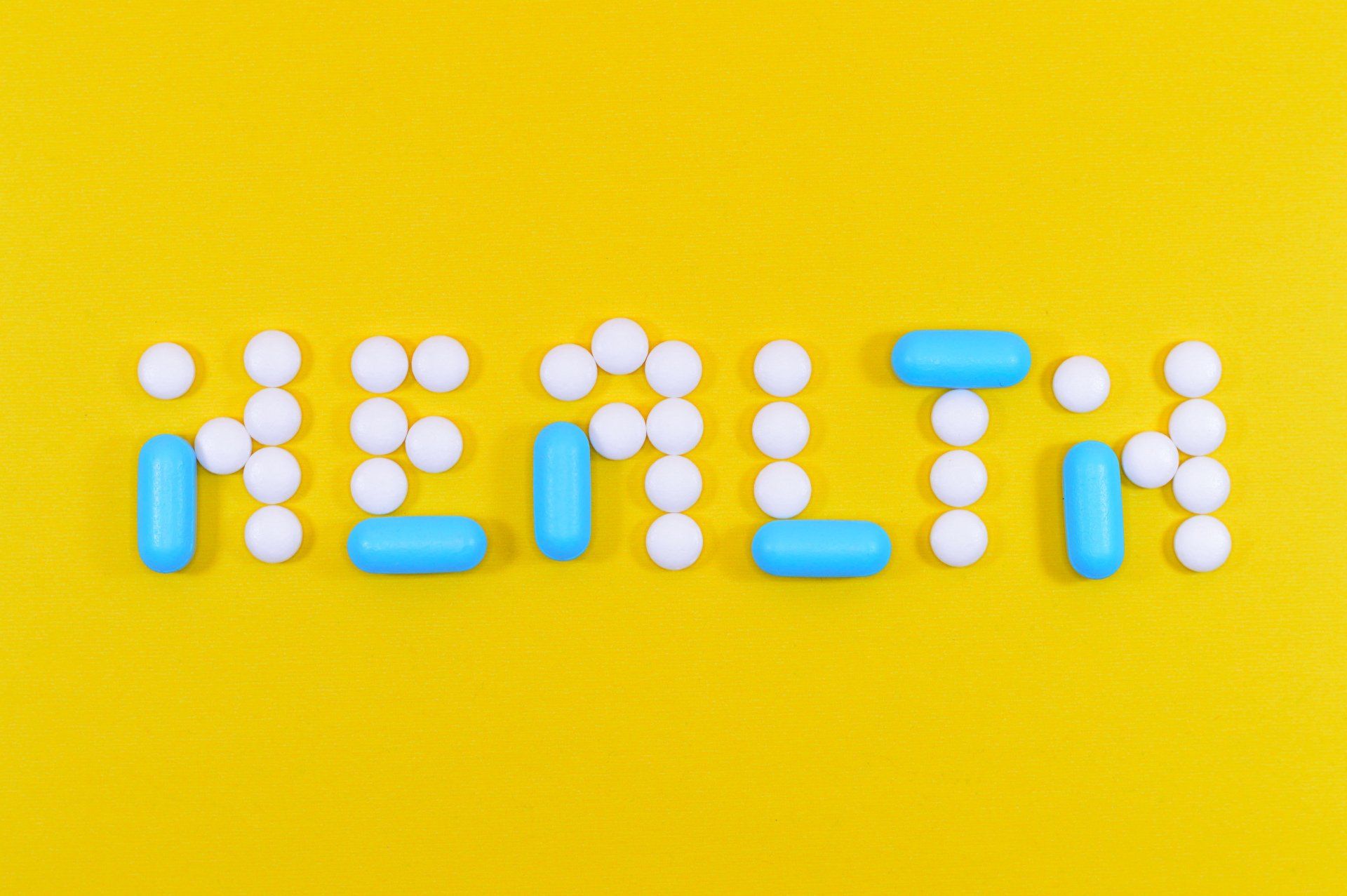Geral Blanchard, LPC, is a psychotherapist who is university trained in psychology and anthropology. Formerly of Wyoming and currently residing in Iowa, Geral travels the world in search of ancient secrets that can augment the art and science of healing. From Western neuroscience to Amazonian shamanism, he has developed an understanding of how to combine old and new healing strategies to optimize recovery, whether from psychological or physical maladies.
MDMA - The Constituent Components
MDMA ( methylenedioxmethamphetamine) -- somewhat carelessly referred to by the club drug names of Ecstasy or Molly -- is not a classical psychedelic
MDMA is an amphetamine, but more accurately known as an empathogen, an entactogen, or a clarigen. It is slightly different than MDA (3,4-methylenedioxyamphetamine) and MDEA (3,4-methylenedioxethylamphetamine). Taken by mouth, its effects are felt within 30-40 minutes and its effects last about 5-6 hours.
MDMA causes a massive release of 5-HT (serotonin), the activation of which causes specific neurons to produce and release the bonding chemical oxytocin. The body also releases stores of dopamine and norepinephrine.
It is used in the treatment of PTSD and relationship conflicts with their often common etiologies being broken trust and shattered beliefs. To accomplish healing, the medicine lowers defense mechanisms that allows alternative thought patterns to emerge.
MDMA can help people “let go” of stuck emotional thoughts and “shift gears,” a function often associated with the brain's cingulate system.
It is believed that MDMA increases activity in the superior temporal cortex and mid-cingulate cortex, two areas of the brain known to be important for empathizing with the thoughts and intentions of others, in other words, social relationship areas.
There are changes in neuronal activity in the right anterior insula, a section of the brain important in appraising risk and uncertainty – like processing the behavior and trustworthiness of a partner. MDMA, however, does not make users naïve in trusting others. It tends to build on, or rebuild, ruptured bonds between people. Effects may also include altered and enhanced senses, as well as increased energy, empathy, and pleasure.
Most experts on psychedelics and entheogen plant medicines regard MDMA as quite safe. David Nutt, former professor at the University of Bristol has said this: “Alcohol is more dangerous than cannabis and using Ecstasy is safer than riding a horse.”
*********
Additional Reading:
A Dose of Hope by Dr. Dan Engleman
Other Topics
Basics of MDMA
Rituals and Ceremony
Brain and MDMA
Trauma
Heart
Energy Movement
Quantum Physics
Native Cosmologies
Nature
Spirituality/Enlightenment
Kogi Tribe
Books written by Geral T. Blanchard
More Articles



















